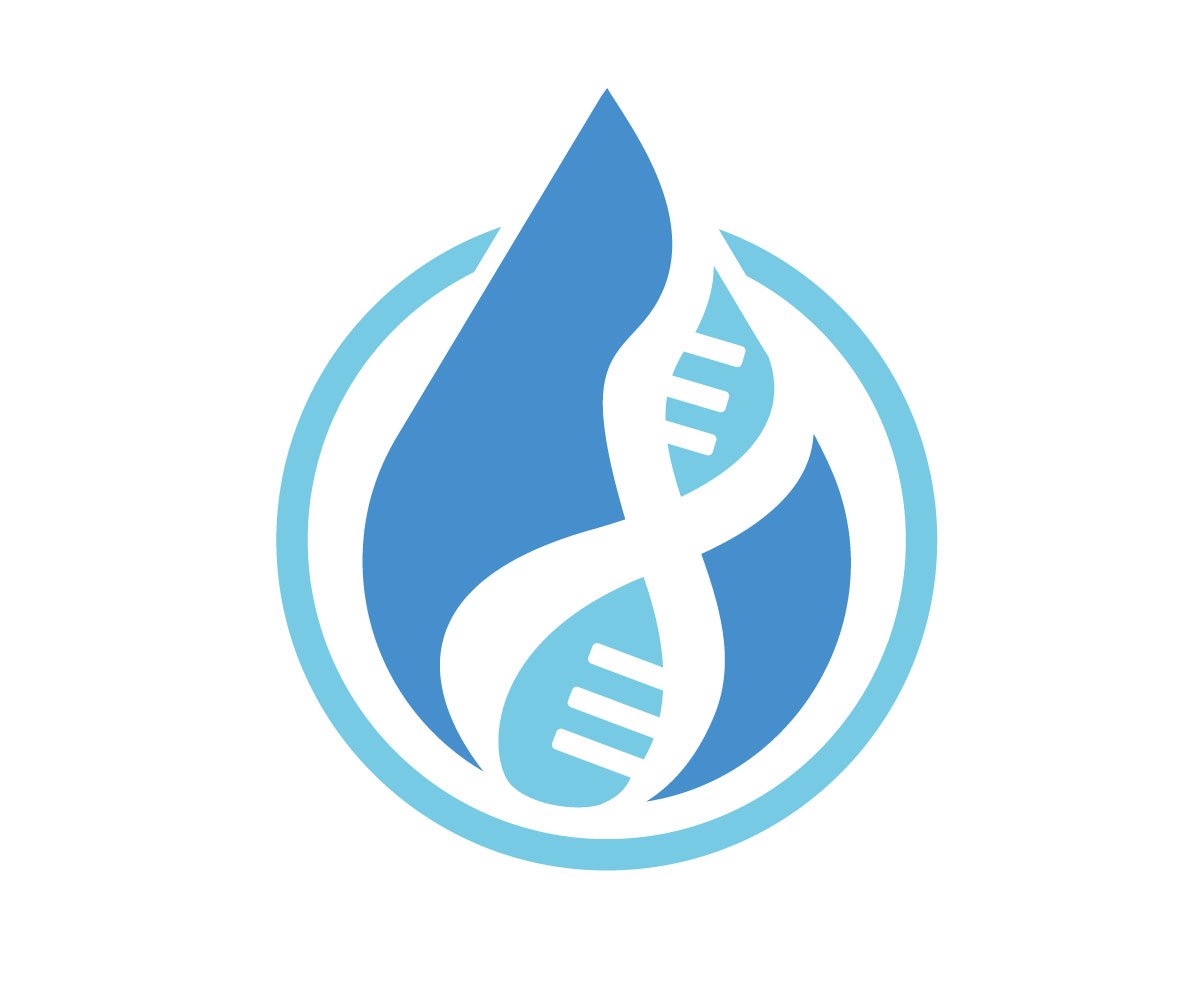DNA Testing: Ten Tips for Adoptive Parents
I’ve spoken with a few parents of children who were adopted, and DNA testing is clearly on the radar for many of these families. News reports and TV shows that highlight adoption reunions facilitated by DNA and health discoveries from genetic research have piqued the interest of many.
I’ve compiled ten tips for adoptive parents based on common questions and issues. The focus is on parents of children under the age of 18, but these points can apply to other families as well, including those who utilized egg, sperm, or embryo donation in building their family.
DNA TESTING: TEN TIPS FOR ADOPTIVE PARENTS
Be open about discussing your child’s adoption story and prepare for a discussion about DNA testing long before your child brings it up.
Understand there are four components to at-home DNA testing at this point in time, and each one gives you different information. The components are:
Ethnic background estimation (ethnicity pie chart)
Genetic family matching (DNA Relatives, Family Finder, etc.)
Health/medical-related reports (restricted to just a few companies right now)
Unprocessed computerized file of DNA markers (“raw data”)
Don’t negate the importance of DNA to your child, even if to you it doesn’t make a difference. Not every person who is adopted feels the same about the significance of DNA as part of their identity and sense of how they fit in your family and the world, but this may be very important to your child (now or in the future).
Don’t interpret your child’s interest or lack of interest in DNA testing as a reflection on you or your parenting. As one adult adoptee who posted on a social network wrote, “There is no normal. We each have our own story. We all have different needs and questions.”
Realize that the right time to discuss DNA and to order testing will vary for each child. Information on ethnicity can be very important for some people as they form an identity, especially in adolescence and young adulthood and if their ethnicity differs from that of their adoptive family. This is often the DNA test adopted individuals are interested in first.
Be willing to listen and support your child in a decision about DNA testing. You may wish to set a time frame or a minimum age for testing for your family. Be willing to flex on the issue if your child has a different perspective and does not want to wait.
You do NOT have to opt in to the genetic family matching feature to order DNA testing on your adopted child; however, this can be important information when your child reaches the age of dating and marriage. It is possible that DNA relatives may inadvertently marry as a result of not knowing they are genetically related (this has happened).
If you want medical information for your child, realize at-home tests are both limited in scope and accuracy. The price of medical-grade testing is coming down, and you may be surprised to find the costs for medical DNA tests are often covered by insurance or can fit within your budget if paid for out-of-pocket. You might be able to negotiate a lower price with the testing company ahead of time or qualify for financial assistance. Meet with a genetic counselor (myself or someone else) first to determine what’s the best course of action for your child/family.
For those whose child is having health issues or has special needs, ask your pediatrician to refer you a medical genetics clinic online or search for a pediatric genetic counselor in your area. For investigating risks for a healthy individual, you can look into “proactive” genetic health tests. Many experts who work with children and genetic testing will recommend that you allow your child to decide for themselves when and whether they have a medical DNA test once they reach adulthood.
Be careful of websites and online tools you find that encourage you to submit a raw data file from another company’s testing for more health/medical information. There are many limitations to these tools and risks for false positives and negatives (and also false reassurance) when using raw data files. This is nothing to take lightly when thinking about health and medical information for your child.
There are many different companies that offer at-home DNA testing, and the options are growing.
To pick a test that meets the needs of your child, find a genetics professional to work with who has a solid understanding of the features available at each company and the rights you turn over to the company when you submit a DNA sample.
As a genetic counselor with broad experience with medical and genealogy DNA testing, I’d be happy to work with you and your family to start you down a path, and I look forward to the opportunity.
More tips for adoptive parents are covered in the DNA Guide for Adoptees. Check it out!
-Brianne

